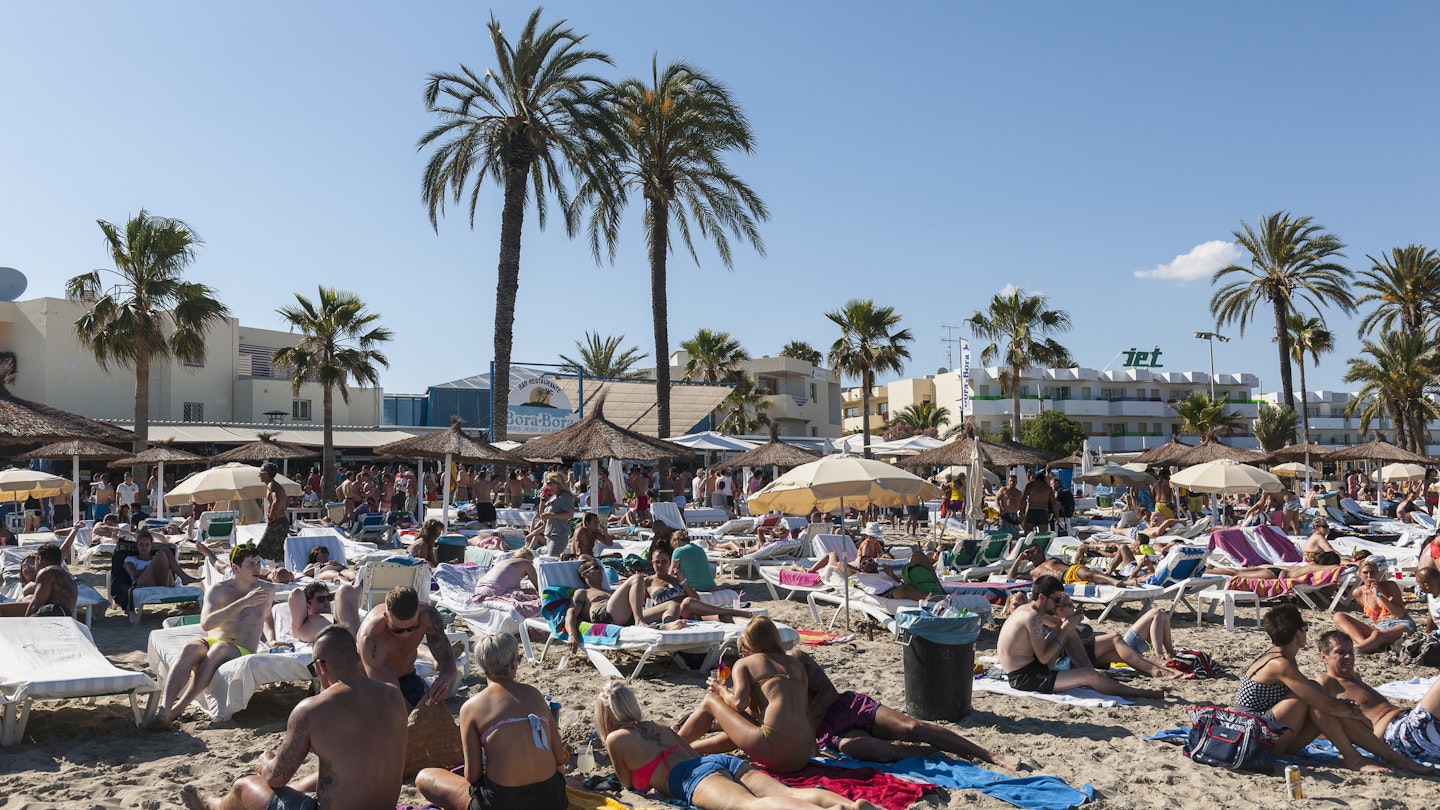Spain is welcoming visitors back en masse this summer now that restrictions at the border have significantly eased. Whether you’ve planned your vacation around must-see cultural attractions in cities like Madrid or Barcelona, or aim to relax on beaches and in coastal resorts, you’ll find that some things are different in 2022.
First things first… do you know the latest entry rules?
If not, don’t worry – you’ll find detailed information here. Spain has relaxed its entry policies at the border just as summer travel gets underway; however, proof of vaccination is still generally required from visitors outside of the EU.
Have you packed a face mask?
Face masks are still required on public transport in Spain and in train and metro stations, as well as on flights and in airports. If you’re caught without one, you could be refused access or issued with a fine. With the rise in coronavirus cases, the government decided this week to extend the use of face masks on public transport throughout the summer.
Have you arranged your museum visit in advance?
Spain is bursting with cultural attractions; thus, as visitor numbers increase in summer 2022, it is advisable to plan your visit to the country’s top museums well in advance. Do not expect to gain entry to major attractions like La Sagrada Familia without a ticket. Most entry slots are usually filled at least a day or two prior.
Are you up-to-date on dress code and alcohol policies?
This month, beachfront restaurants in the popular tourist resort of Playa de Palma in Mallorca introduced a strict dress code policy, refusing entry to customers who are shirtless, wearing sleeveless tops, bathing suits, football jerseys, or flip-flops. Moreover, it also applies to those in fancy dress costumes, novelty hats, glasses, or wigs.
The dress code aims to crack down on disruptive behavior from tourists and stag (bachelor) parties, according to business owners. Currently, 11 restaurants are enforcing the dress code and will display QR codes at their entrances for people to check what attire is acceptable before entering.
Juan Miguel Ferrer, the CEO of Palma Beach Club, explained that they want to communicate the message that to enter, one should be appropriately dressed instead of coming straight from the beach or after drinking on the streets. This measure is part of a broader initiative addressing antisocial behavior by tourists in the Balearic Islands.
Other beach policies to note in Spain
Tourists should also be mindful that in Barcelona and across the island of Mallorca, wearing beachwear beyond the beach is prohibited. Fines of up to €300 may be issued to those who flout the rules. Additionally, in certain parts of Spain, men are banned from walking around the streets topless.
After a nationwide smoking ban on beaches was issued last year, smoking is now prohibited on Spanish beaches. Designated smoking areas exist on some beaches; however, violators could face fines of up to €2,000.
Will airline strike action impact your travels?
Cabin staff for budget carrier easyJet are poised to strike in Spain this July due to a dispute over job cuts and low pay. If an agreement is not reached, industrial action is planned in phases throughout the month, affecting airports such as Barcelona’s El Prat and Palma de Mallorca.
Additionally, Ryanair cabin staff in Spain have also voted for strike action this summer, with scheduled industrial action that may disrupt various airports including Alicante, Barcelona, and Madrid.
Both airlines have stated measures to address passenger inconveniences, with easyJet offering rebooking on alternative departures. Meanwhile, Ryanair has committed to maintaining its flight schedule despite the impending strikes.
Have you prepared for heatwaves?
Spain has experienced record-breaking temperatures recently, particularly in destinations such as Seville and Valencia. Spanish meteorologists anticipate that July and August will be hotter than usual this year, leading to measures for public safety and health. Visitors are urged to stay hydrated and avoid sun exposure during the hottest parts of the day.
In case of hiking or camping in forested areas, it’s essential to monitor wildfire alerts through local news outlets.





